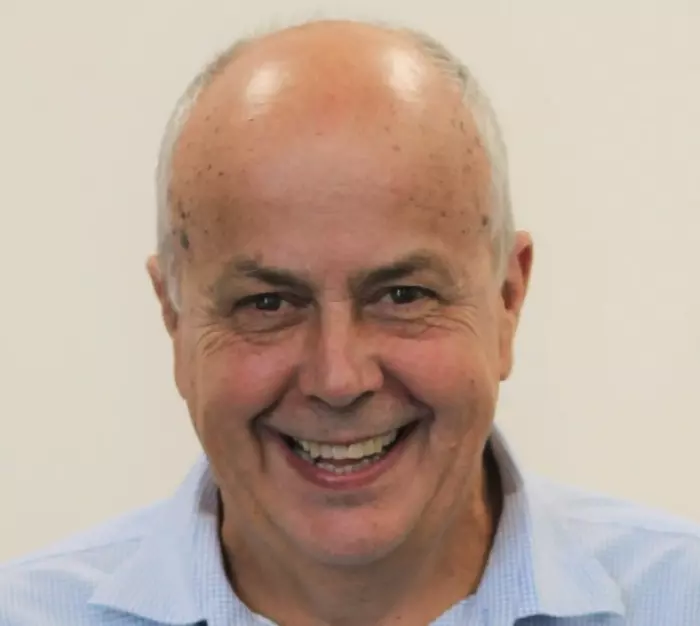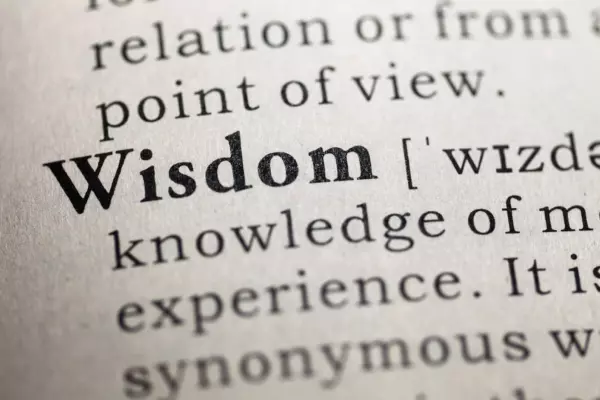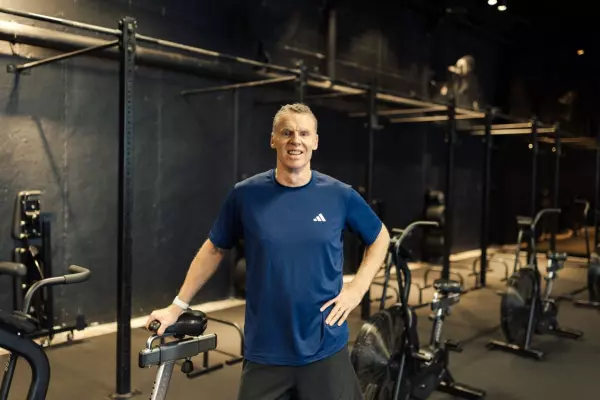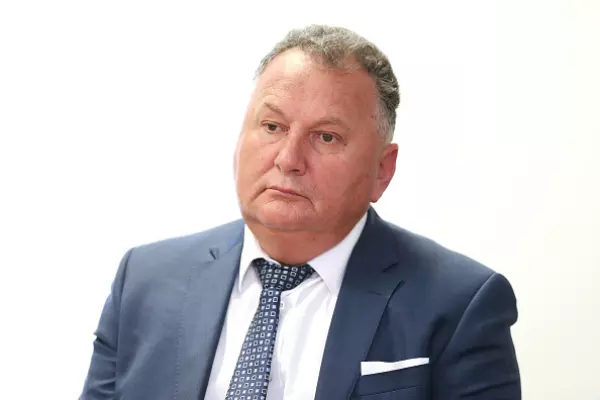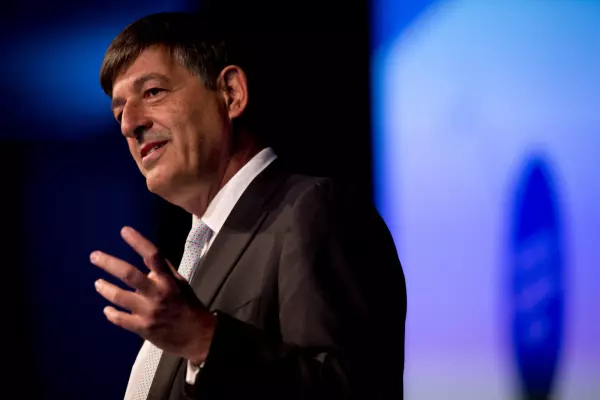Welcome to My Net Worth, our regular column on the lives and motivations of our country’s top business, legal and political people in their own words.
Martin Wylie has notched up decades of experience in the New Zealand corporate sector, including nine years as company secretary at Telecom (now Spark), three years as chief executive of Simpson Grierson and three years as chief executive at ihug and CallPlus.
In 2011, he left the corporate landscape to head up charity Elevator Group and subsidiaries Altus Enterprises and, later, eco-friendly cleaning products supplier Will&Able, which provides employment for people with disabilities. Will&Able products are sold nationwide in Foodstuffs stores, Countdown and The Warehouse, as well as online.
Elevator Group operates with a contract with the Ministry of Social Development and is a public-facing charity committed to building an enterprise where social purpose and business intersect, while still operating commercially competitively.
My happiest memories are probably growing up in Rotorua, living the outdoor life. It's a rough old town, but the lakes, the forests, the outdoors and the freedom made it a stunning place to grow up.
When I was young, I wanted to be a farmer because I spent most of my time out in the country. I thought that would be a great life, but I saw the difficulty in it as well and couldn’t quite figure out how to go from being a penniless youth to owning a farm. I thought, well, I'll go to university and see if I can figure it out. But I never came back to it. I still have a passion for it, though – I live on a lifestyle block as a result.
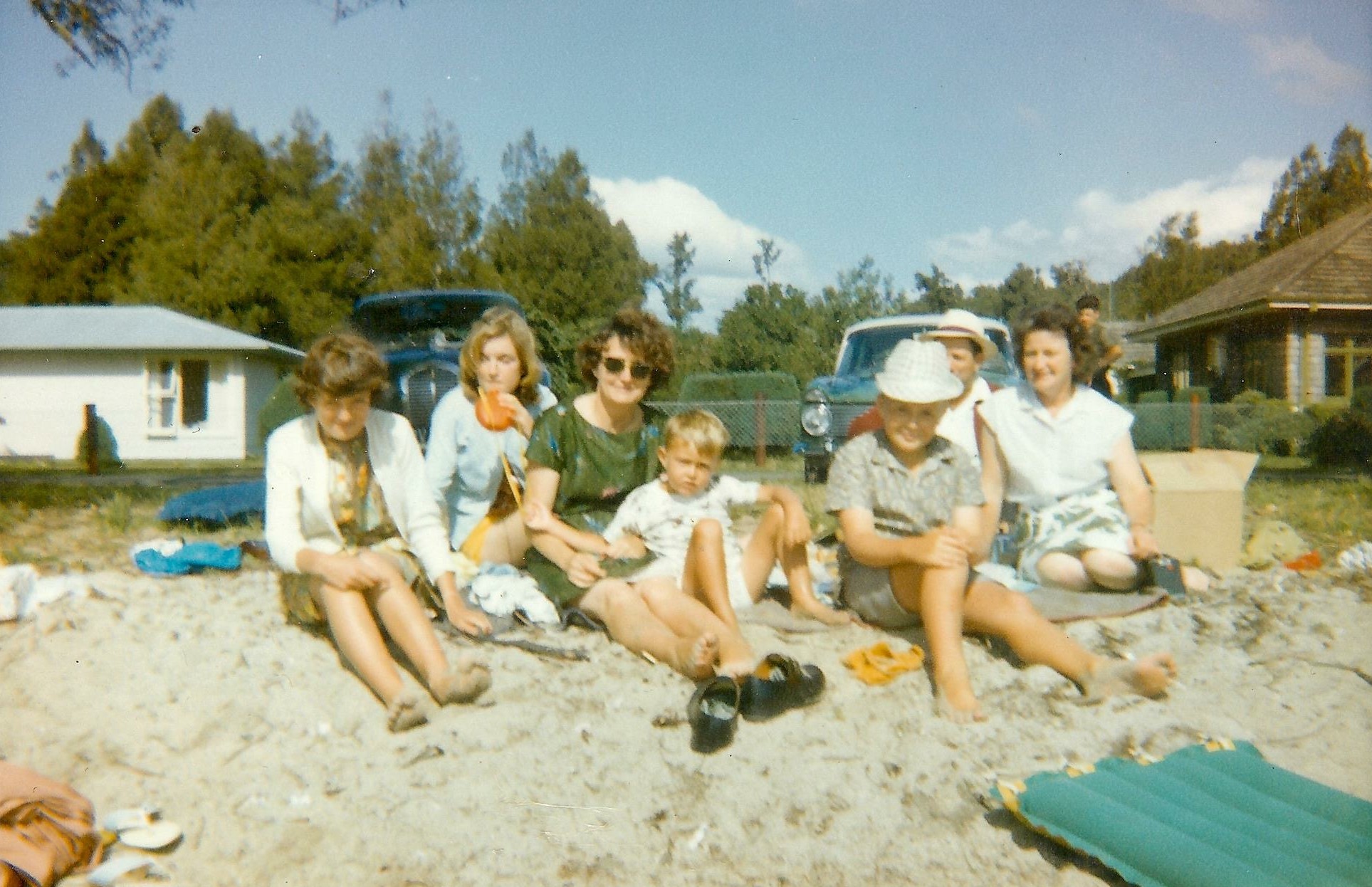 A young Martin (front, in hat) with his family lakeside in hometown Rotorua. (Image: Supplied)
A young Martin (front, in hat) with his family lakeside in hometown Rotorua. (Image: Supplied)
At school, I was into sports and being outdoors. I ended up as a deputy head boy at Rotorua Boys' High School, much to my surprise, because I wasn't really interested in academics in any way – I didn't think I had any real aptitude. But time proved that not to be a correct assessment.
I’ve found that in my life, I've had to reinvent myself a few times and so, whether I'm a rubbish man or an astronaut, I’ve found you’ve just got to focus on being as good as you can be in that particular area and not be intimidated.
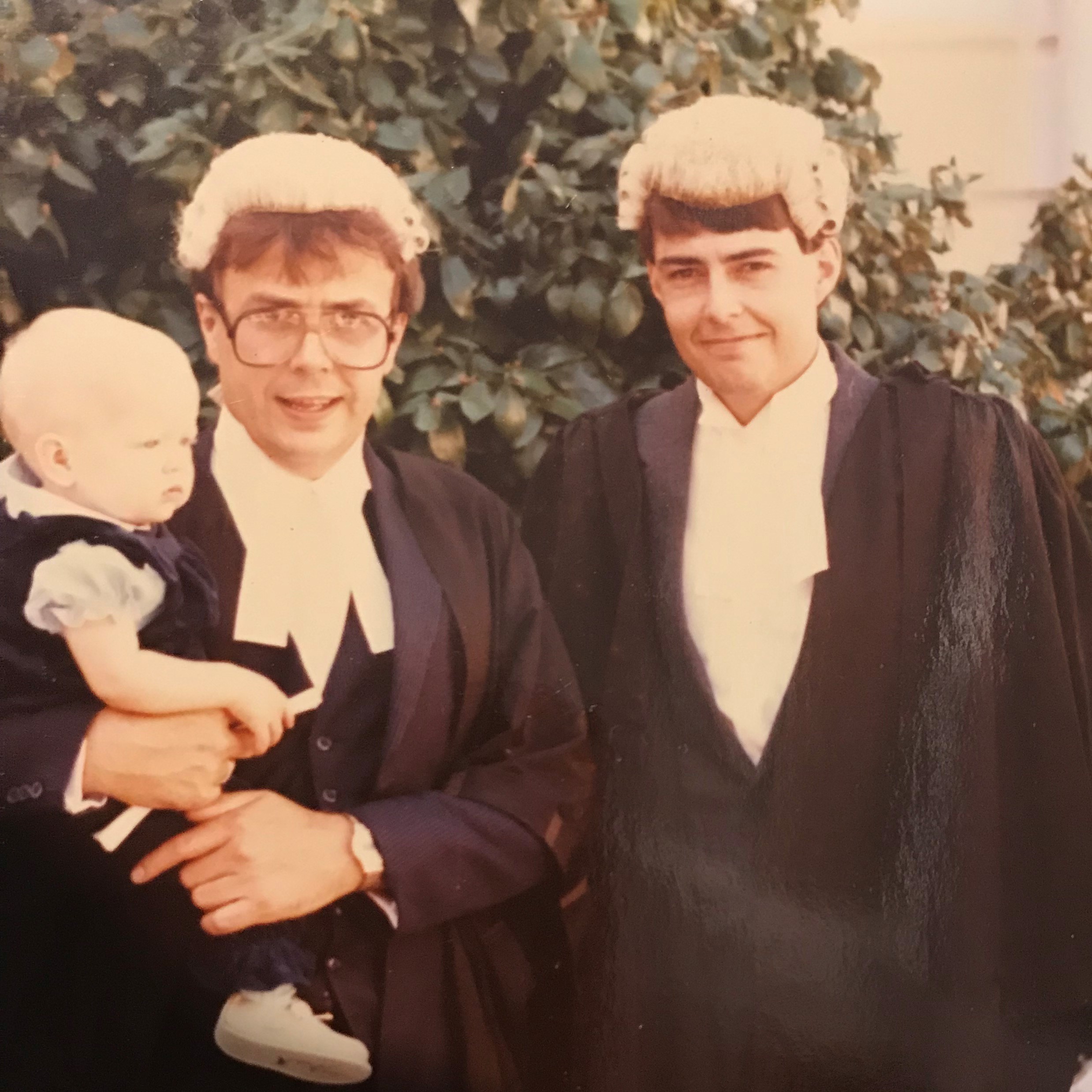 Holding son Justin in 1987 when brother Duncan was admitted to the Bar in Wellington. (Image: Supplied)
Holding son Justin in 1987 when brother Duncan was admitted to the Bar in Wellington. (Image: Supplied)
The best piece of business advice I’ve ever been given is to persevere and give something your best shot. But once something has been seen not to work, you need to be brave enough to admit to yourself or to others around you that it didn’t work and make another decision.
Everyone falls down and makes mistakes. The real test of a person's character and in business is how you get up from those mistakes and recover from them. Delaying things unnecessarily tends not to improve the outcome.
I was drawn to the charity sector because I realised that my job in it actually requires business skills because, fundamentally, we are a business. We happen to be a charity which, we believe, has got heart and is 100% focused on providing work for people with intellectual disabilities who wouldn't otherwise work. So, my business skills and background actually are right on the money in our charity. It has to run as a business. Customers, prices, margins, all of these things – output, productivity, quality – are the things I've spent my life doing.
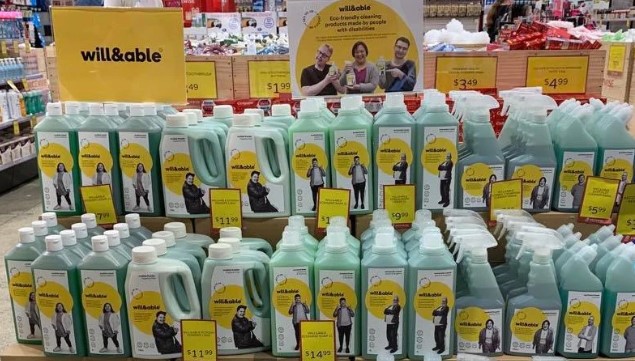
The charity's products are sold in major retail stores nationwide and online. (Image: Will&Able)
My favourite thing about New Zealand is that it's a first world economy without many of the problems of heavily industrialised economies. The rest of the world is great to visit; I just wouldn't want to live there.
I don't think our treatment of the environment is necessarily as good as or better than in other places, it's just that there are only five million of us. And I do like our focus on the environment. Most New Zealanders genuinely want to do the right thing, which means if you make it easy enough for them to do it, they will.
The way I manage stress is mostly with other projects that I have ongoing in my private capacity, as well as my little bit of land, and my family. And to a large extent I'm a believer in shutting the door on work if you've done a good eight or ten hours, despite technology and all the rest of it.
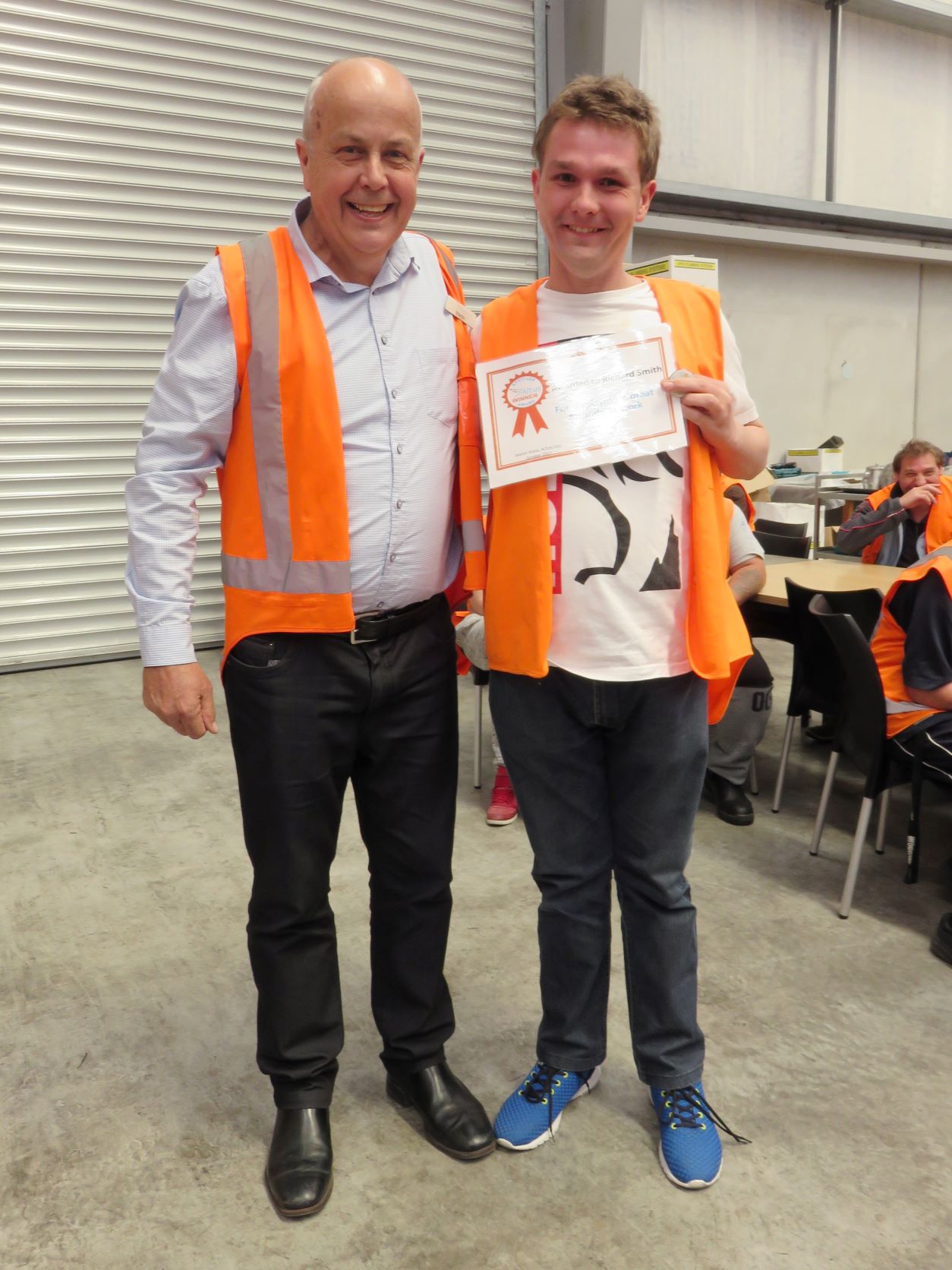 With charity worker Richard at a staff presentation. (Image: Will&Able)
With charity worker Richard at a staff presentation. (Image: Will&Able)
I try as much as I possibly can to do something completely different when I switch off, which is why I like walking around outdoors or working on another business project that’s completely unrelated to what I’m doing at the moment.
The most important thing to me is family. As well as my wife and two adult children, I've got a very autistic young son and I'm trying to figure out what his future will be and how to manage all of that. The day-to-day focus is very much around my son, as I have a lot to do with his care. My current work comes out of that understanding about what families with intellectually disabled children go through. My wife and I have managed it because we are lucky in that my wife's a neurologist and we have the money and time and support. But I look at some of the families who get devastated because they can't manage the demands and finances around it. Although the government does a lot, you have no idea how difficult it is, or can be.
As told to Ella Somers.
This interview has been edited for clarity.


